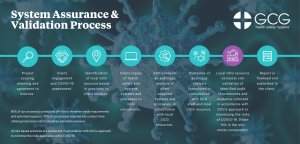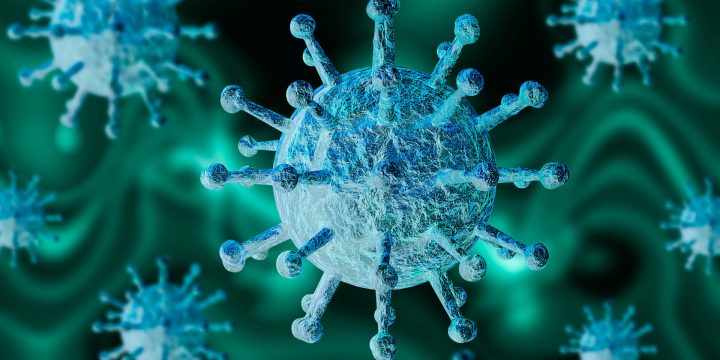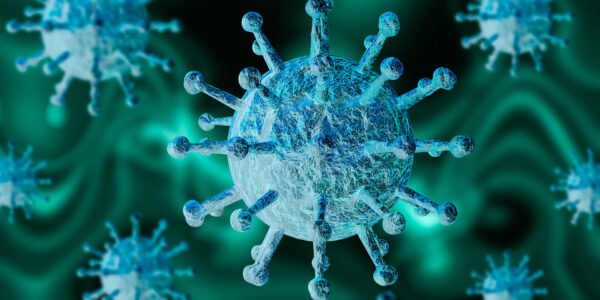Remote Assurance – Our New Process for Auditing and Assurance Works
As one of Australia’s leading workplace health and occupational hygiene specialists, we help our clients keep their people safe. With 15 years of operating experience, we have a proven track record of delivering tailored services that respond to our clients’ needs. We remain at 100% operational ability and have adapted our processes to ensure the continual delivery of our services, including our approach to our system and process auditing and the amount of time spent on sites.We’ve adapted our processes to ensure the majority of our auditing can be conducted remotely , with minimal contact time where possible for site based verfication.Our people are well-established in regional and remote areas and are key to enabling us to deliver these services. GCG currently have staff that reside in regional areas across the east coast of Australia as well as the major hubs. Our subject matter experts are able to conduct client desktop audits remotely, with our local staff able to conduct site validation activities with appropriate COVID-19 controls in place. It is estimated this will enable audits to be conducted utilising 80% non-site time and 20% site contact time.

Our new process
Benefits of the new process
The new process enables GCG to:- Reduce longer distance travel to regional and remote towns and sites.
- Supports the Federal Government’s decision to limit non-essential travel limit travel to and from other regions.
- Reduce site time to assist in lowering the risk of potential COVID-19 exposure.
- Conduct all site-based activities will be conducted in accordance with GCG’s approach to minimising the risks associated with COVID-19.
- Reduce the cost of travel and accommodation normally associated with these activities.
- Minimise the impact on local communities by restricting personnel from other regions entering.
Key audit areas include
- COVID-19 control plans.
- COVID-19 positive case response plans.
- Infectious Disease Management Plans.
- WHS management systems.
- Recognised standards.
- Safe systems of work.
- Specific health, safety and hygiene systems and processes.
- Legislation and Codes of Practice.
- Australian and International Standards (non-certifying).
- Auditing to internal health, safety and hygiene standards and requirements.

 The current global health crisis is not only impacting our health, but it’s forcing all of us to change the way we do business. We have transformed our auditing process to reduce site based time. We have made this change to align with Government recommendations and to reduce the risk for our consultants and clients.
The current global health crisis is not only impacting our health, but it’s forcing all of us to change the way we do business. We have transformed our auditing process to reduce site based time. We have made this change to align with Government recommendations and to reduce the risk for our consultants and clients.